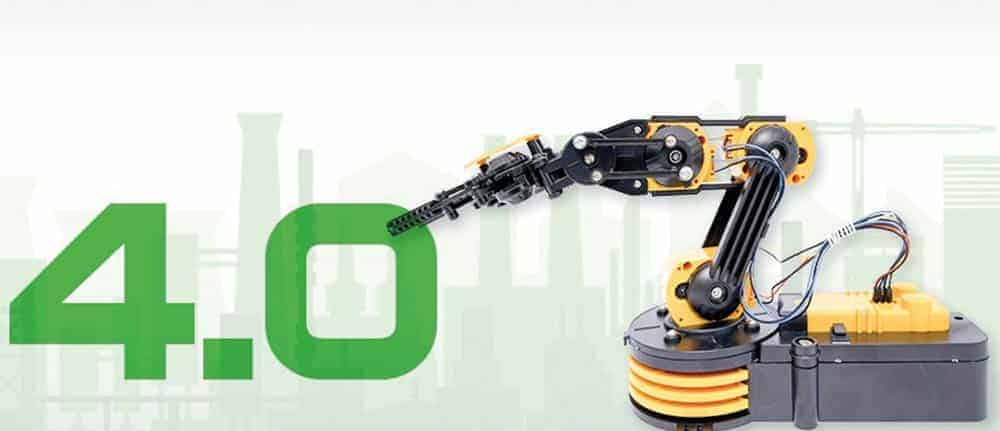New skills are in demand


With the advance of the Internet of Things or Industry 4.0, it is conceivable that sooner or later certain transactions will no longer be carried out by humans but by machines.
In certain areas, such as maintenance, the image of an employee with a wrench in his hand may become a rarity.
The machines, units and technical devices then largely take over maintenance work themselves. The employee only has a monitoring function in order to be able to intervene quickly from outside in an emergency of any kind.
However, in my opinion, the Internet of Things will not become a "job killer", as has already been speculated here and there. Perhaps the opposite will be the case.
By connecting machines with each other on the one hand and with IT on the other, an immense amount of real-time data will be generated that will converge in companies via Internet-of-Things platforms.
A veritable wave of information that makes new approaches necessary in order to evaluate the data and, above all, to assess it in a useful way. For this reason alone, it stands to reason that completely new job profiles and associated new training standards will emerge.
A lot is currently happening in this area. This includes the fact that universities and vocational training institutions are already starting to adapt their curricula to the new requirements and opportunities.
Innovative occupational fields are developing
But we don't have to wait for graduates of the degree and training courses, some of which have yet to be defined. Industry 4.0 is already leading some companies to develop the job description of a cyber security officer, for example, and they are already looking for suitable applicants.
In a hybrid world, such as that created by the Internet of Things and future business relationships via cloud computing, skills and practical knowledge relating to data protection and data security are core competencies that are in demand.
Finding the right specialists will be easier as the representatives of the Internet generation will make their curricula, examination results, qualifications etc. available online and thus become interesting at an early stage as potential employees for a new or even yet to be defined professional field.
One of these areas could, for example, be the activities surrounding 3D printing. A technology that is likely to have a lasting impact on the production of prototypes or assemblies, for example.
In terms of production in general, the topic of working time flexibility may also become more of a focus in the future. For example, existing shift models can be adapted even more closely to demand-oriented production.
New profiles in purchasing are also conceivable if corresponding processes are initiated via the networks of an Internet of Things platform, in which offers are no longer negotiated in direct contact, but can be auctioned off in a larger pool.
Brainstorming on customizing
Whether already real or still visionary, it is certain that the Internet of Things will have a lasting impact on a large number of business processes. In terms of IT, additional systems such as a new business unit have so far been integrated into an existing corporate IT system using a classic blueprint.
Perhaps the day is not far off when software applications will be made available on the Internet that only need to be connected to each other in a meaningful way.
Software-as-a-Service models are a first step that can be built upon. The interface issue will play an important role here.
Even if these kinds of considerations on the subject of customizing are still just mind games.
DSAG will closely monitor the upcoming developments at its member companies and work together with SAP to ensure that the DACH region plays a leading role as an industrial location when it comes to the Internet of Things.






